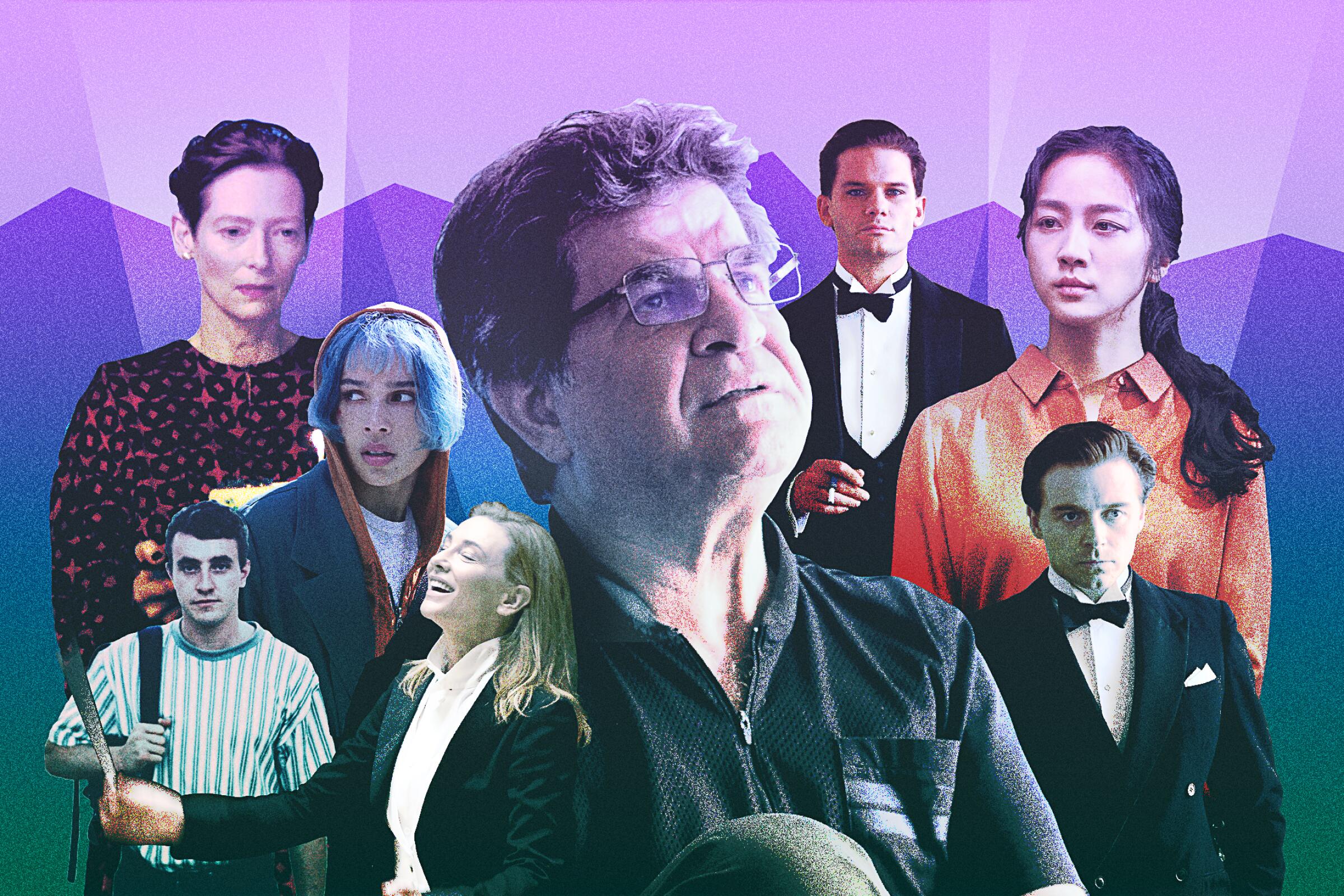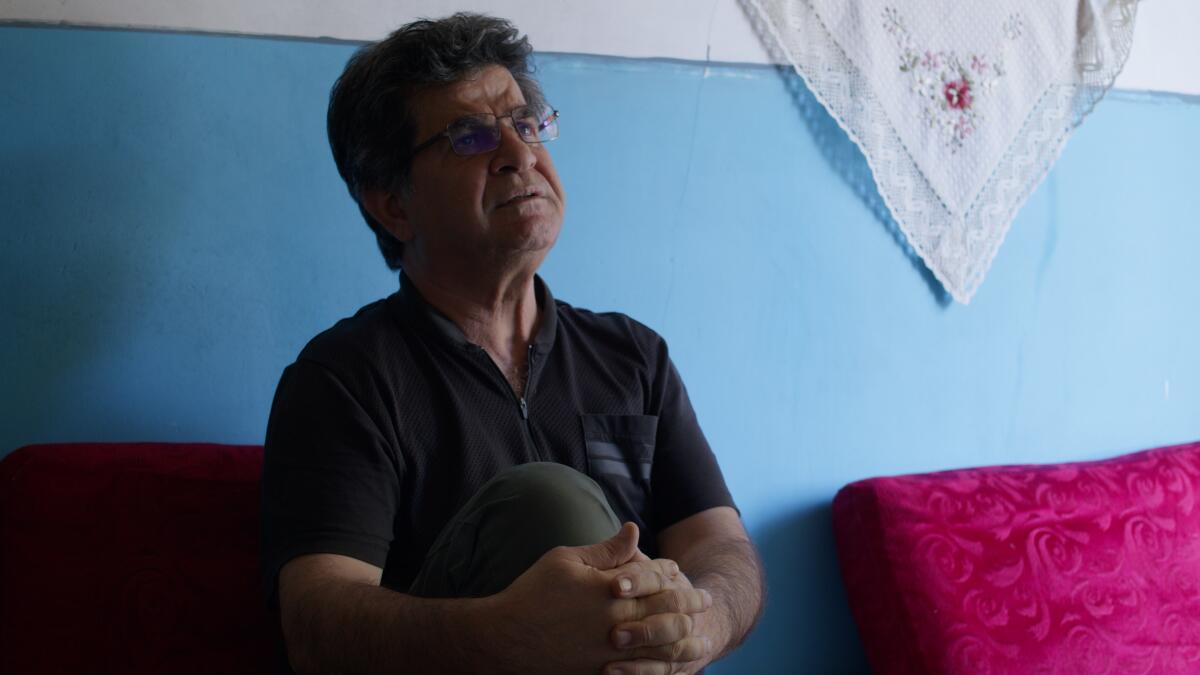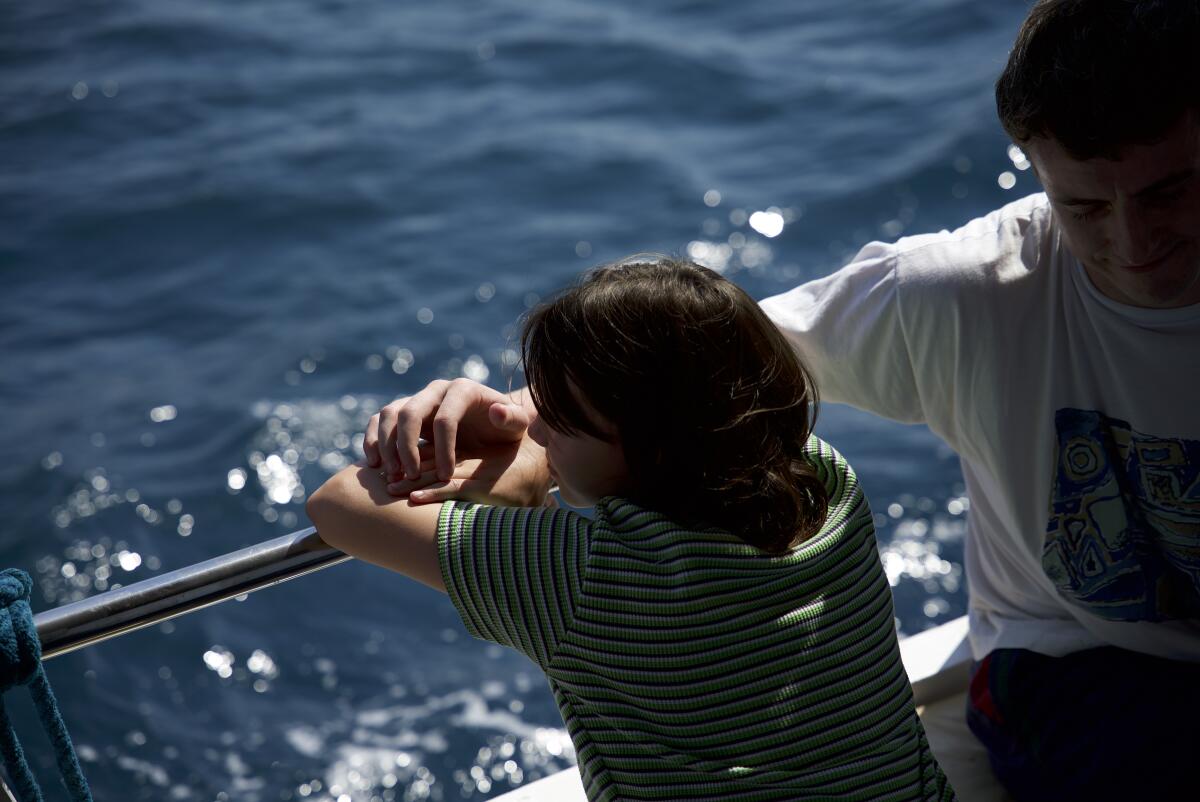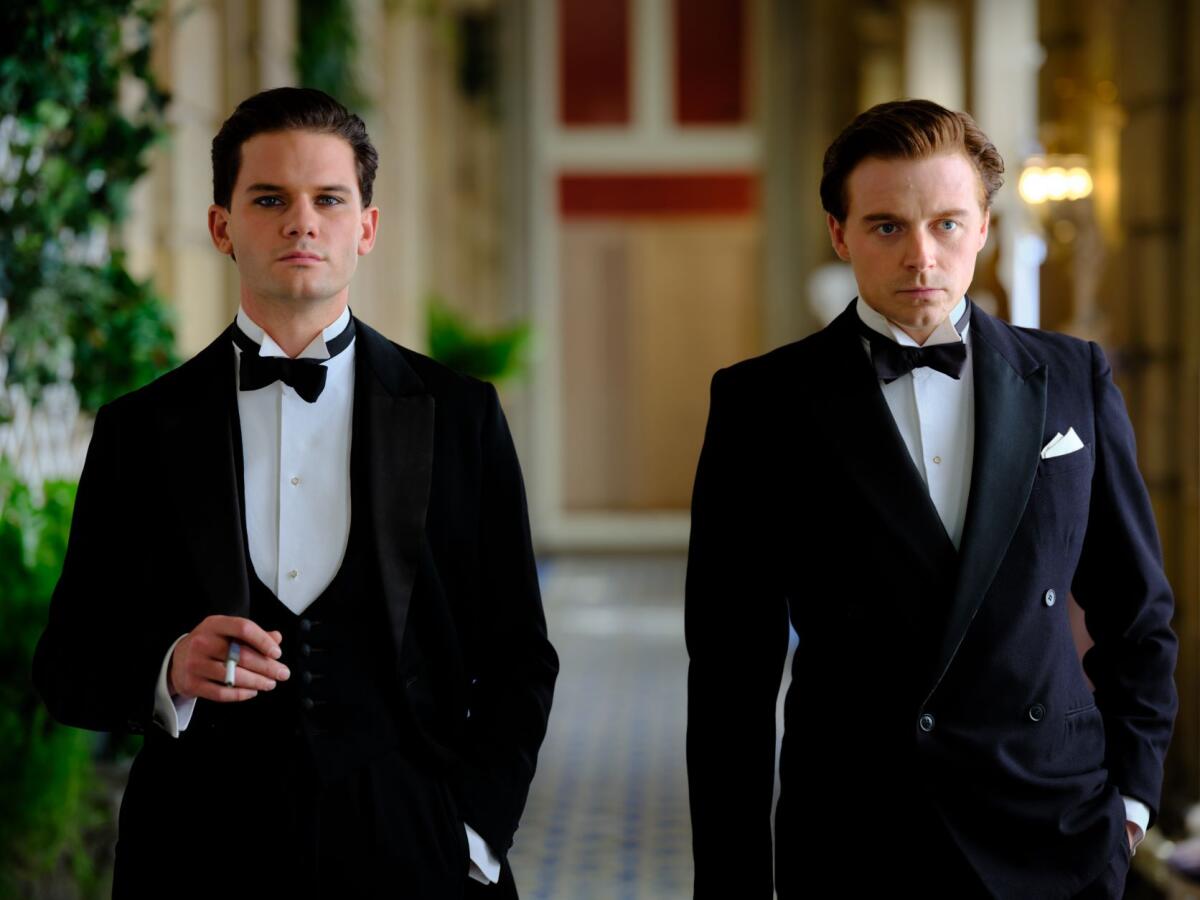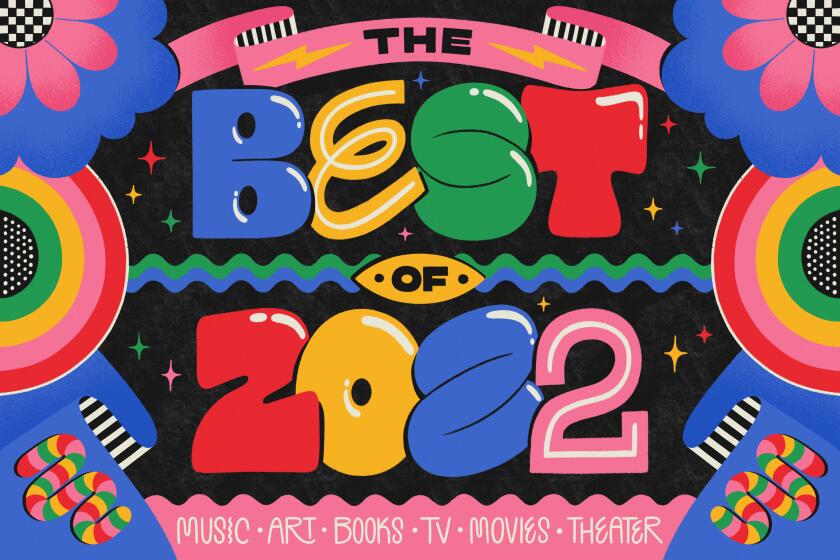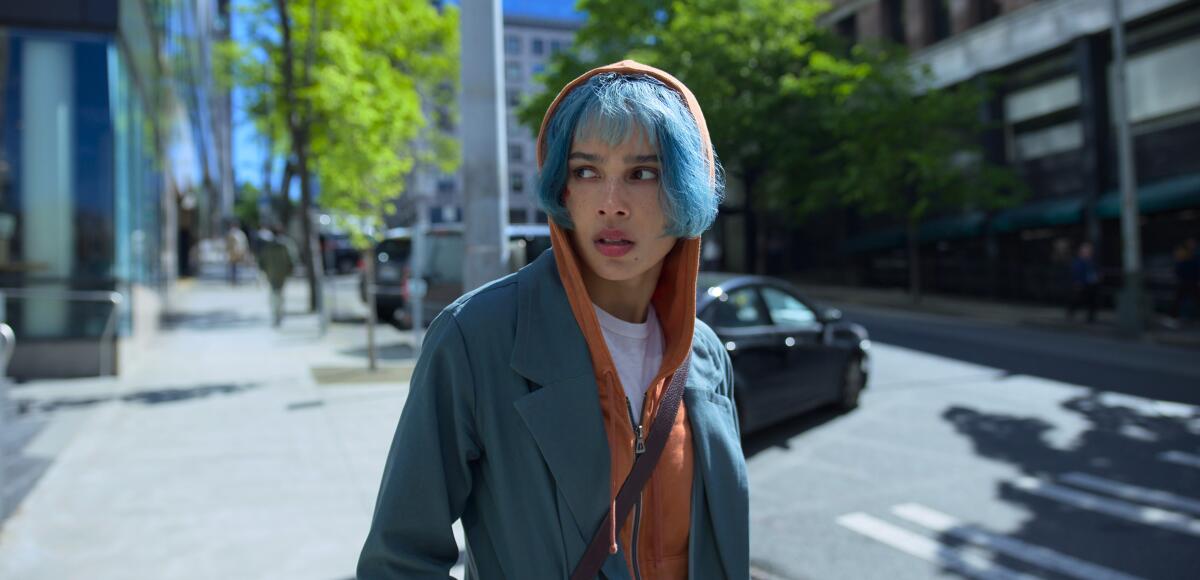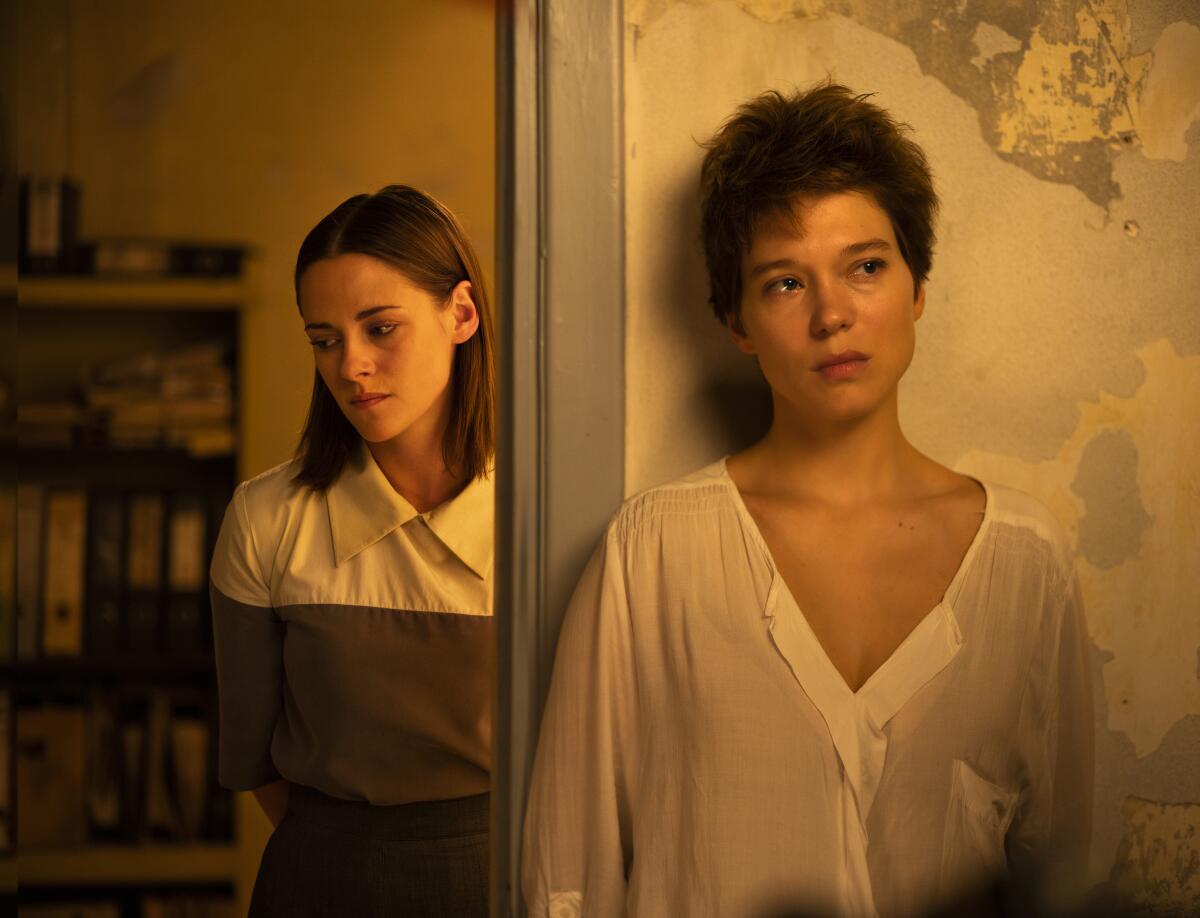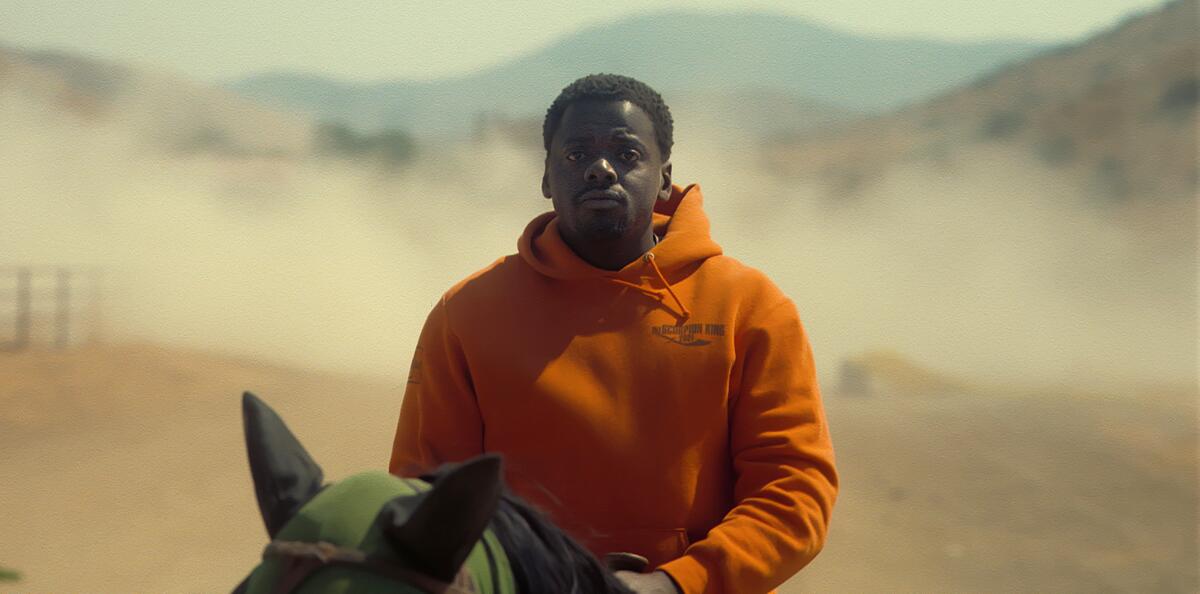Our systemic abuse of the animal world is one significant thread that connects Jerzy Skolimowski’s gorgeous and empathetic donkey drama to Jordan Peele’s wholly original Hawksian sci-fi horror western about horses, cameras and the insatiable human appetite for spectacle. “EO” tangoes with Bresson and “Nope” tussles with Spielberg, but their most purely expressive images may be of a beast of burden’s glassy-eyed gaze — a window into a soul that we endanger at our convenience and our peril.
(“EO” is playing in selectLos Angeles theaters. “Nope” is streaming on Peacock and available on other platforms.)
Ten honorable mentions:
“Armageddon Time” (James Gray) and “The Fabelmans” (Steven Spielberg)
Two gifted American classicists return to significant moments of artistic self-realization and childhood anguish — and emerge with a hard-won sense of introspection that few of their detractors, and they have many, would have expected.
“Descendant” (Margaret Brown) and “Tantura” (Alon Schwarz)
The two most penetrating documentaries I saw this year — one focused on the wreckage of a U.S. slave ship, the other on the grim fate of a Palestinian fishing village — dug deep into the buried evidence of crimes and atrocities that many would prefer stay hidden.
“Happening” (Audrey Diwan) and “Women Talking” (Sarah Polley)
What will she do? What should they do? These superbly honed, urgently cinematic adaptations are bound by their bracing insistence on female agency — something that the world, whether it’s 1960s France or a 21st-century Mennonite colony, will always insist on snuffing out.
“Întregalde” (Radu Muntean) and “X” (Ti West)
Whether you’re off to deliver canned goods to the needy or just trying to make a porno flick with your friends in an empty barn, journeying out into the wilderness has never been so deliciously ill-advised.
“The Novelist’s Film” (Hong Sang-soo) and “Saint Omer” (Alice Diop)
Two far-flung contemporary dramas — one set in a small town outside Seoul, the other in a northern French town — in which an established novelist sets out in search of inspiration, only to be confronted by a voice and visage that awaken a profound sense of recognition.
And I also recommend: “After Yang,” “Ahed’s Knee,” “Ali & Ava,” “All That Breathes,” “All the Beauty and the Bloodshed,” “Avatar: The Way of Water,” “The Banshees of Inisherin,” “Barbarian,” “Bardo, False Chronicle of a Handful of Truths,” “Beast,” “Bones and All,” “Both Sides of the Blade,” “The Cathedral,” “Catherine Called Birdy,” “Causeway,” “A Couple,” “Dos Estaciones,” “Emergency,” “Emily the Criminal,” “Everything Everywhere All at Once,” “Fire Island,” “Fire of Love,” “Flux Gourmet,” “Glass Onion: A Knives Out Mystery,” “Good Luck to You, Leo Grande,” “Great Freedom,” “Honk for Jesus. Save Your Soul.,” “Hustle,” “In Front of Your Face,” “The Inspection,” “Living,” “A Love Song,” “Murina,” “Nanny,” “Navalny,” “Neptune Frost,” “The Northman,” “Pearl,” “Playground,” “Pleasure,” “RRR,” “She Said,” “Something in the Dirt,” “Speak No Evil,” “Stars at Noon,” “Three Minutes: A Lengthening,” “Till,” “To Leslie,” “Top Gun: Maverick,” “Triangle of Sadness,” “The Tsugua Diaries,” “Turning Red,” “Vortex,” “Watcher,” “We’re All Going to the World’s Fair,” “White Noise,” “The Woman King,” “The Wonder.”
